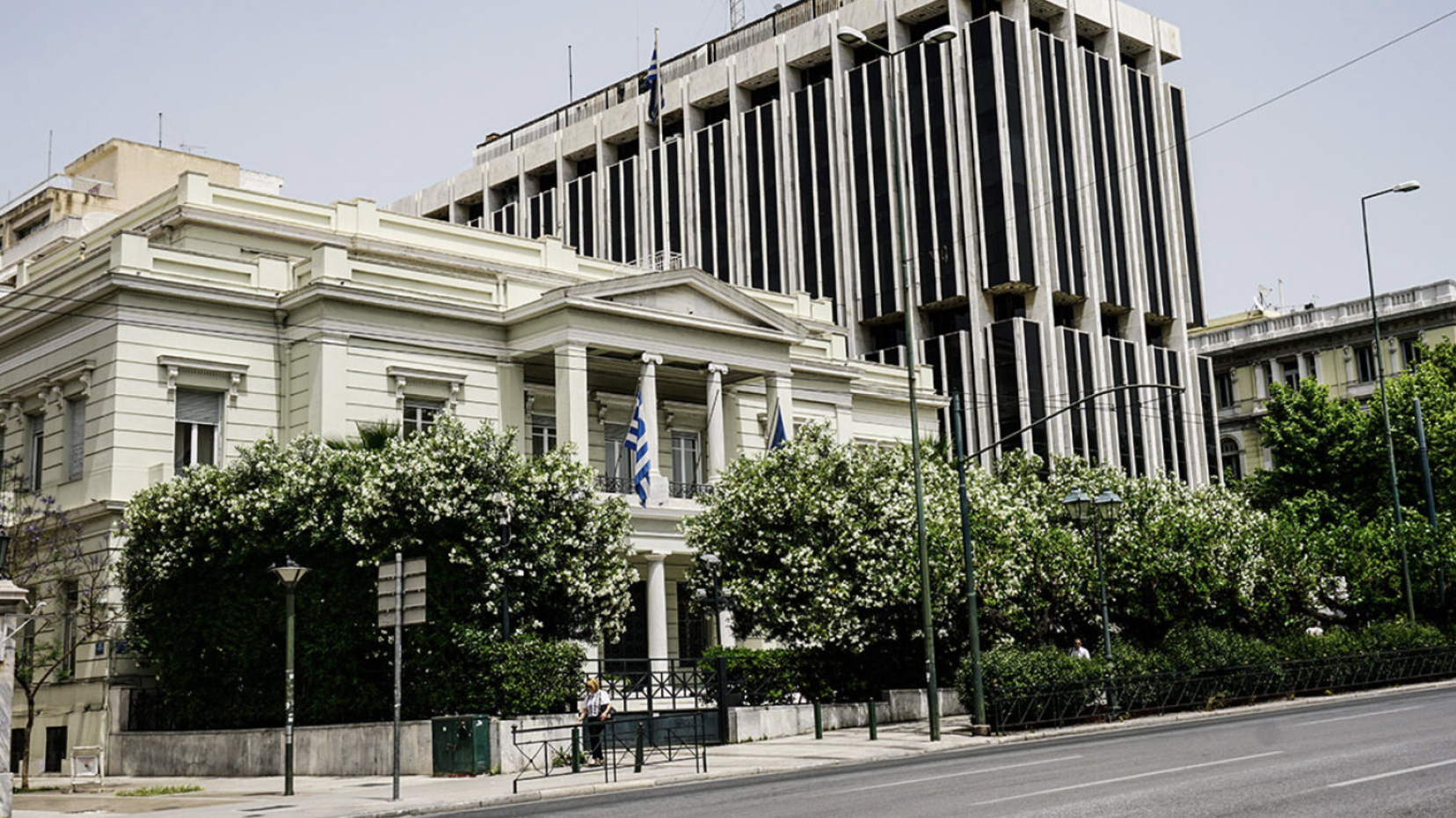Greek diplomatic sources commented on the statements of a Turkish minister who revealed that Ankara is very close to reaching an agreement on delimiting an Exclusive Economic Zone (EEZ) with Syria. They emphasized that Syria is in a transitional state and that no one is legitimately authorized to sign agreements.
“These are European borders. We have already raised this issue with the European Union through a joint statement made in collaboration with Austria and Cyprus,” they stated. The same sources highlighted that the current transitional situation “does not legitimize anyone to conclude such an agreement,” underscoring the need for continuous vigilance and diplomatic initiatives.
“We are monitoring the situation. We are in constant communication with Cyprus, all neighboring countries, and the European Union,” stated a senior source speaking to protothema.gr.
What the Turkish Minister Previously Said
Turkey is in advanced talks with the new Syrian leadership regarding the delineation of an Exclusive Economic Zone (EEZ), revealed earlier by Turkish Minister of Transport and Infrastructure, Abdulkadir Uraloğlu, in statements broadcast by the Turkish media outlet TGRT Haber.
According to the minister, this agreement is part of a broader action plan by Ankara aimed at reconnecting and developing Syria following the overthrow of the Assad regime. “We will conclude an agreement on maritime jurisdiction with the Syrian administration. We are working on an emergency action plan that includes aviation, rail, road, and communication services in Syria,” Uraloğlu stated.
See the TGRT Haber Report:

As per the same statements, Turkey plans to reactivate airports in Syria, restore railway connections, and upgrade the country’s road infrastructure. Additionally, emphasis is being placed on developing telecommunication services to support the operation of critical infrastructure and facilitate access to international markets.
In a Twitter post, TGRT Haber journalist Fatih Atik provoked reactions by referencing Greece. He claimed that Turkey’s moves are causing concern in Athens while also hinting at a supposed upcoming agreement between Turkey and Egypt regarding an EEZ. “The maritime jurisdiction agreement between Turkey and Syria will affect all balances in the Eastern Mediterranean. Following Libya, the chain of agreements with Syria is expected to continue with Egypt. Once these agreements are signed, Turkey will take center stage in the Eastern Mediterranean. These prospects make Greece reflect more sorrowfully,” he wrote.

The Geopolitical Dimension
The potential EEZ agreement between Turkey and Syria is expected to impact the geopolitical balance in the Eastern Mediterranean. Ankara has already taken the Turkey-Libya memorandum as its “blueprint,” despite it contradicting every principle of international law.
The Ankara-Damascus rapprochement, accelerated after the political shift in Syria, indicates Turkey’s intention to redefine its relations with neighboring countries while simultaneously advancing its strategic interests in the region.
Ask me anything
Explore related questions





